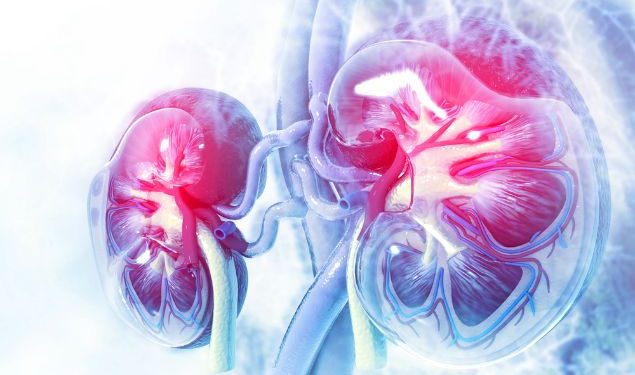Kidney disease can have a number of different causes. Chronic kidney disease can lead to a high risk of heart attack and stroke. It can also cause fluid to accumulate in the kidneys and lungs. People with kidney disease also have a reduced immune system and can become more susceptible to infections. A healthcare provider can order tests for kidney disease and monitor blood pressure to make sure that the condition isn’t worsening.
While the majority of kidney diseases can lead to kidney failure, early detection can often delay its progress. Treatments for kidney disease can delay or eliminate the need for dialysis in advanced cases. Patients should also adhere to a healthy diet and follow their doctor’s instructions regarding medications. Additionally, they should monitor their blood pressure and sugar levels.

Diagnosis of kidney disease begins with a complete physical exam. Blood pressure, cholesterol levels, and blood urea nitrogen will all be checked. Several other tests may be ordered as well, depending on the suspected cause of the disease. A urine sample may be collected and tested for abnormal levels of protein, glucose, and blood urea nitrogen. A urine sediment examination may also reveal the presence of red and white blood cells, high levels of bacteria, and tube-shaped particles known as cellular casts. Measurement of urine output is another important diagnostic tool for kidney disease. If urine output is low, this may indicate urinary blockage or kidney disease.
Kidney disease is a gradual condition that affects the kidney’s ability to filter waste. It can also affect nerves and bones, increase the risk of atherosclerosis, and cause fatigue. Early detection can prevent kidney damage and extend the life of the organ.









